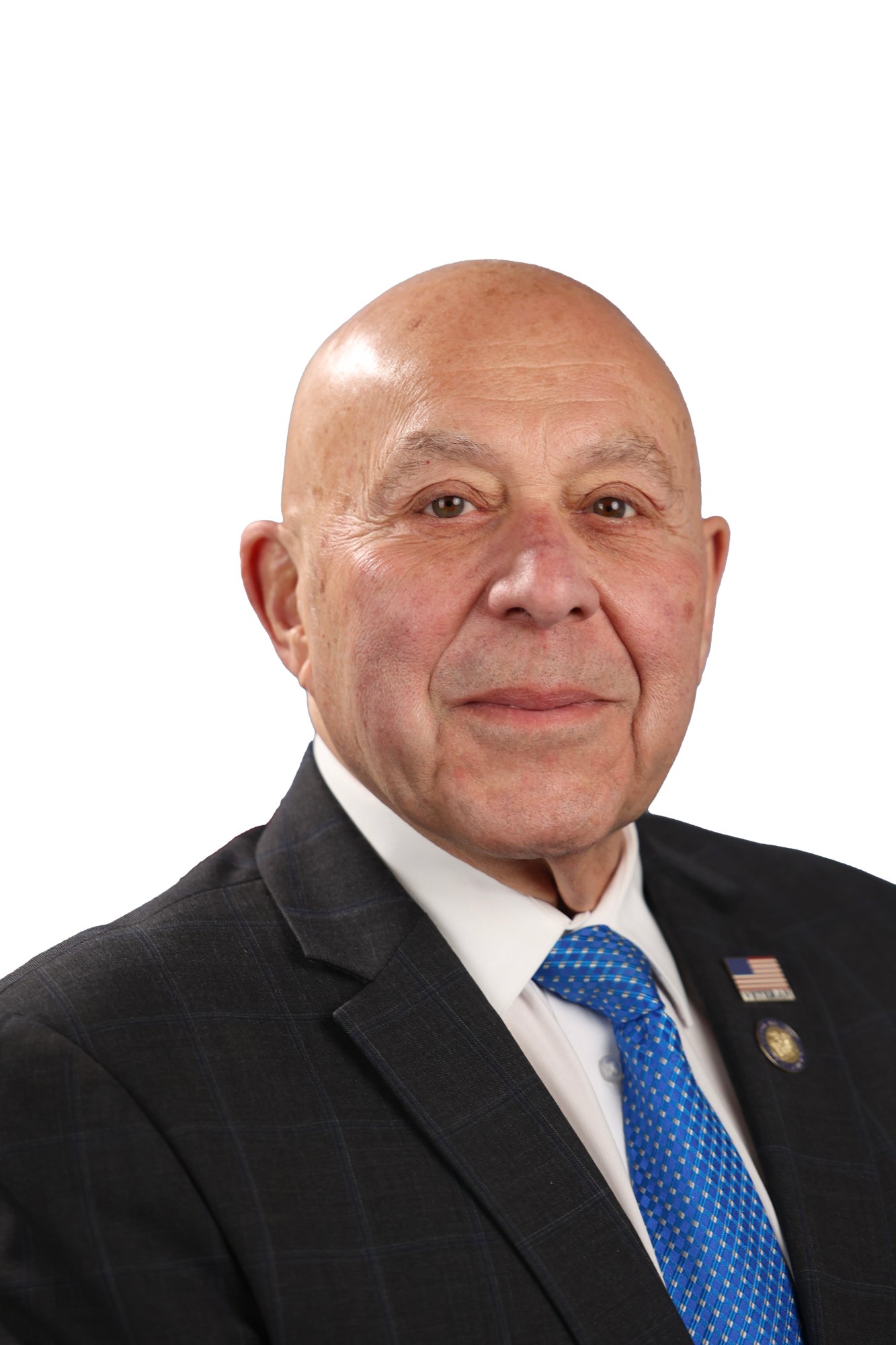Morinello: Ethics Reform Drastically Needed In New York
In the aftermath of the resignation of Gov. Cuomo, Assemblyman Angelo Morinello (R,C,I-Niagara Falls) is once again reinforcing his call for ethics reform in government, specifically the provisions in his legislation A.04478. Morinello’s legislation aims to create a fairer, representative political landscape in New York by implementing term limits for positions of leadership in the Legislature and limiting the amount of political contributions outside parties can make.
Specific provisions of the legislation include:
- No member of the Legislature may serve more than four consecutive two-year terms as temporary president of the Senate, minority leader of the Senate, speaker of the Assembly or chairperson of any Senate or Assembly committee.
- Restrictions on campaign contributions for individuals, businesses or corporations that were awarded contracts with the state or any municipal corporation.
- Restrict the amounts an individual, business or corporation can contribute to a candidate.
- Restricting campaign contributions, loans or guarantees to $10,000 in any calendar year.
- No contributor may contribute to a party that exceeds $10,000 per annum.
- No member may direct state funds to any individual, business or corporation that has made any contribution to any member of the Legislature, statewide elected official, political committee or independent expenditure committee.
- Provide a statewide database of all contracts awarded by the state.
“As elected officials, we are expected to adhere to a number of rules, regulations and guidelines, spanning a range of issues,” said Morinello. “Respect, accountability and human decency are not merely recommendations for our public officers; it is an expectation, and one that has continuously eroded through time. It is fundamental we update the public officers’ law, the legislative law, the election law and the executive law in relation to ethics reform, to ensure power structures and ideas evolve with the state, and to establish a fairer form of politics that does not solely favor those who are able to make large contributions.”
